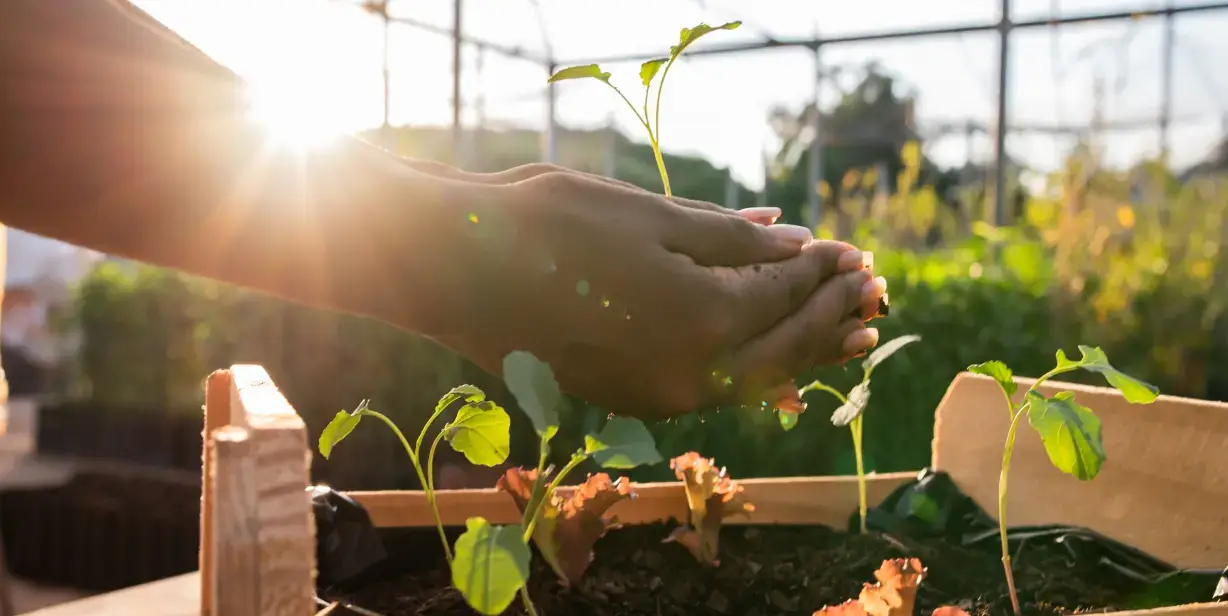Food waste is a significant issue in the United States, with a staggering 108 billion pounds discarded every year, as reported by Feeding America. This waste contributes to the release of approximately 170 million metric tonnes of CO2 into the atmosphere, which is equivalent to the emissions produced by 42 coal-fired power plants.
To foster a more sustainable future, it is crucial for us to adopt practices that minimize production, consumption, and waste. While individual actions do contribute to food waste, it is essential to recognize that CO2 emissions are generated at every stage of the food production process. Composting an effective and simple way to combat food waste.
What can we do about food waste?
Historically, many civilizations practiced composting, transforming waste into nutrient-rich fertilizers for agricultural use. Today, composting serves a dual purpose: it nourishes our gardens while keeping food scraps out of landfills. You don’t need to be an agricultural expert to engage in composting; it can be simple and effective.
4 Steps for easy composting:
- Choose a place: Select an area in your yard or acquire a sealed container that deters pests.
- Layer up: Compost begins with a dry layer at the bottom, composed of soil, detritus like leaves, and shredded paper, which provides essential nitrogen. Next, introduce a wet layer sourced from your daily food waste. Suitable wet waste includes fruits, vegetables, eggshells, rice, grains, flowers and cooked food.
- Keep in mind: Some items can spoil the compost. Avoid composting, meat, fish, dairy, cooked foods in oil and, bones
- Get ready to rotate: Healthy compost requires organic matter, moisture, bacteria, and oxygen. Rotating your compost is crucial, as the microbes need oxygen to thrive.
How long does composting take?
The time it takes for compost to break down varies based on the balance of nutrients and environmental factors. The decomposition process may range from two weeks to two years. A practical approach is to trust your sense of smell—if your compost emits a strong odor, it likely requires more air.
What can I do with my compost?
The resulting compost can be a valuable addition to your garden, serving as topsoil for new plants or enriching existing ones. Furthermore, sharing compost with neighbors or donating it to local community gardens fosters a sense of community while promoting sustainable practices.
More actions you can take with ZeroMe
At ZeroMe, we empower individuals in your enterprise to adopt sustainable practices like composting to reduce Scope 3 emissions. Join our community committed to sustainability by adopting composting techniques in your daily routine. By embracing composting, we can each play a meaningful role in reducing food waste and its associated environmental impact. It’s a proactive step that reaps rewards not only for our gardens but also for the planet.
Start your sustainability journey with ZeroMe today by requesting a demo!





